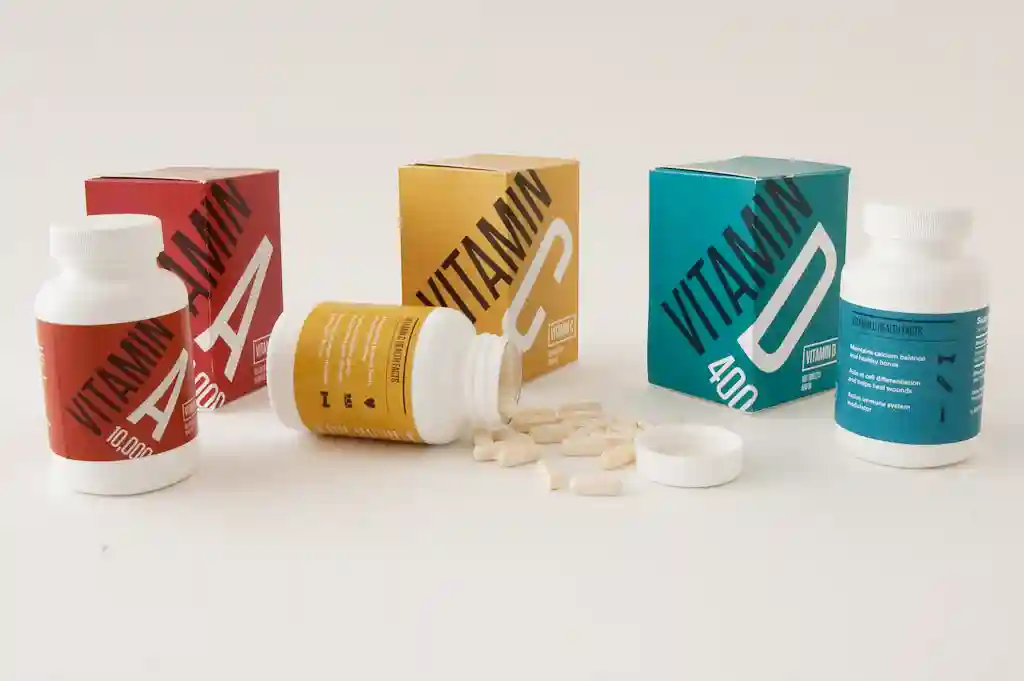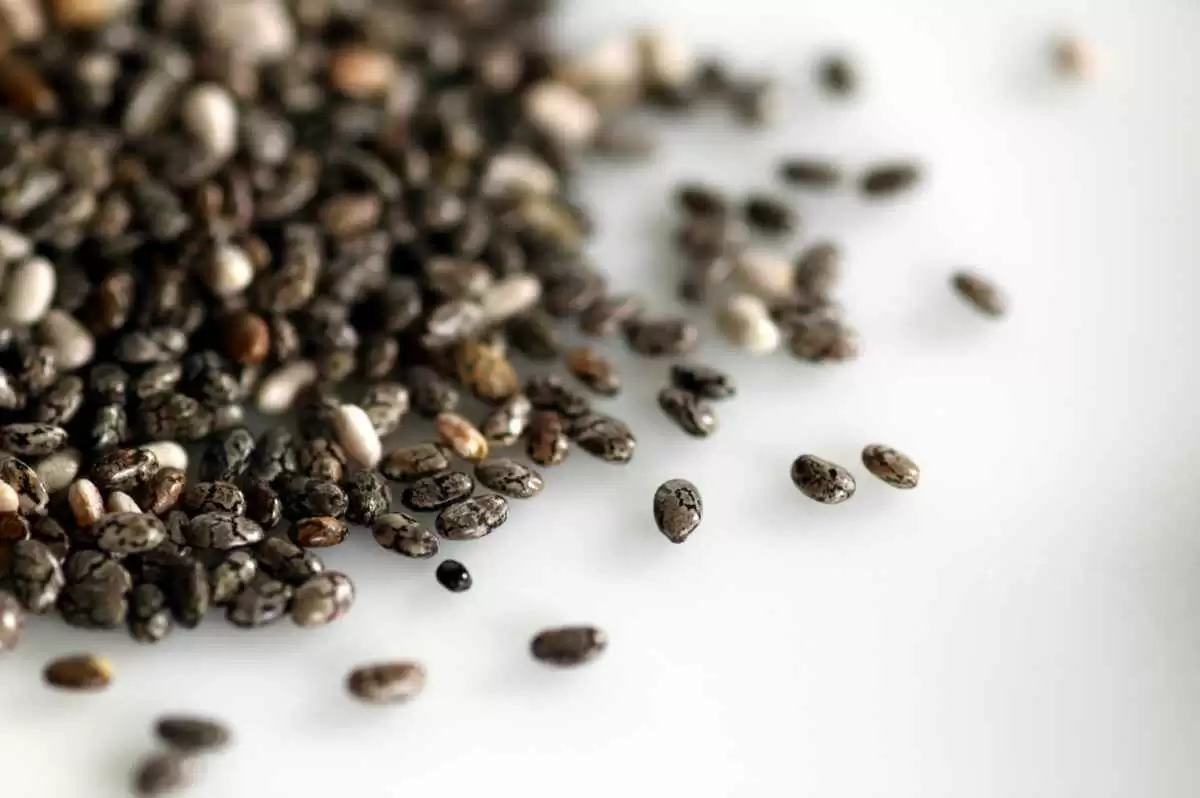Celiac.com 05/09/2024 - With health-conscious consumers spending billions on dietary supplements, the question arises: are these supplements really necessary? Dr. Matthew Silvis, an expert in family and community medicine, argues that for most people, a balanced diet rich in fruits, vegetables, and nutritious foods negates the need for supplements.
"For most people, they don't need multivitamins or supplements. If you have a well-balanced diet and you're able to eat nutritious foods, fruits, vegetables, etc., you don't need a multivitamin or a supplement," says Silvis. "The broad answer is most people don't need them, despite the multibillion-dollar industry that the vitamin industry is. But there are populations of individuals who do need to consider a multivitamin or a supplement. And that is individualized."
People with Celiac Disease an Exception
Celiac.com Sponsor (A12):
While the allure of vitamin supplements is undeniable, particularly in a world where individual nutritional awareness is on the rise, Silvis emphasizes that they may not be essential for everyone. Pregnant women, osteoporosis patients, and individuals with conditions like celiac disease may benefit from targeted supplements, but for the average person, a well-rounded diet suffices.
Examples of those include pregnant women who may need more folic acids than they would get in their normal diets; osteoporosis patients who could benefit from calcium and Vitamin D; and vegans or those suffering from celiac disease who may need a multivitamin containing a combination of supplements such as iron, B12, Vitamin D, copper and zinc.
Silvis cautions against the "more is better" mentality, highlighting the risks of excess supplementation. For instance, overdosing on Vitamin A can lead to serious complications such as liver damage, while excessive Vitamin C intake may cause gastrointestinal discomfort.
Even widely accepted supplements like Vitamin C, touted for its purported ability to ward off colds, lack concrete evidence of effectiveness. Silvis stresses that a healthy diet, not supplements, is key to meeting daily dietary needs.
However, there are exceptions, particularly in the realm of athletics. High-intensity athletes, whose rigorous training demands increased protein intake, may benefit from supplements like protein shakes. Yet, Silvis underscores that these are not necessary for everyone, especially casual athletes. Kids playing recreational sports do not need protein shakes, says Silvis.
For those adamant about using supplements, Silvis offers guidance on selecting safe products. Look for the United States Pharmacopeia verified mark and NSF Certified for Sport certification, ensuring the product's content matches what's on the label and that it's free from harmful contaminants.
Ultimately, the decision to use supplements should be informed and individualized. While they may offer benefits in certain circumstances, a balanced diet remains the cornerstone of good health, especially for individuals with conditions like celiac disease.
Read more at medicalxpress.com









Recommended Comments
There are no comments to display.
Create an account or sign in to comment
You need to be a member in order to leave a comment
Create an account
Sign up for a new account in our community. It's easy!
Register a new accountSign in
Already have an account? Sign in here.
Sign In Now